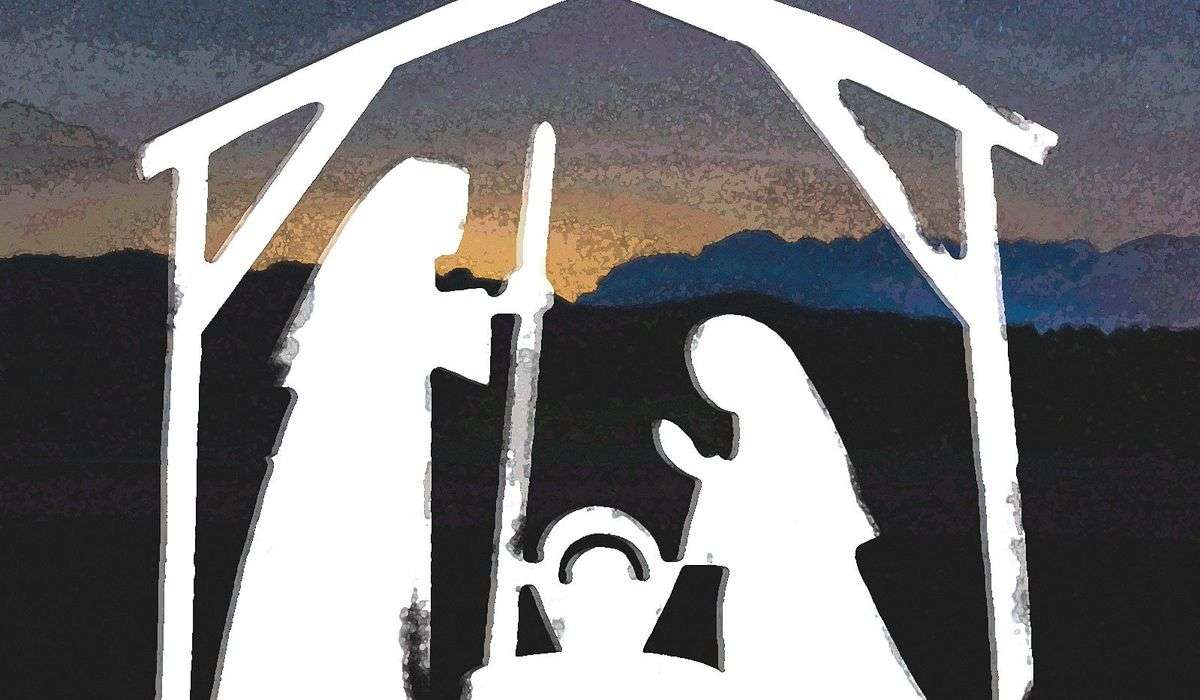Why is the Christmas song ‘Silent Night’ so popular?

OPINION:
In 1816, near the starving and ruined city of Salzburg, Austria, a 24-year-old priest named Joseph Mohr suffered, along with his parishioners, in the wreckage of the Napoleonic Wars. In that suffering, Father Mohr wrote a poem about the birth of Christ.
Two years later, before midnight Mass on Christmas Eve 1818, Father Mohr asked his friend Franz Gruber, a church organist in a nearby town, to set the poem to music and write a guitar accompaniment because the parish organ had been damaged by flooding and the church was too poor to fix or replace it.
The song these two young, ordinary men struggling through difficult times created is a simple tune with simple lyrics. Yet it has been sung by billions of people in all kinds of places — churches, battlefields during Christmas truces, television specials — and by singers of all types and intensities of religious belief.
The song, “Silent Night,” is the most popular Christmas carol on the planet. It has been translated into 300 languages and dialects and has been recorded by more than 3,000 artists, from Bing Crosby to Al Green.
Why is this song so popular?
The lyrics are direct and unassuming, yet they express the most powerful and important ideas available to the human mind: that God loves us all and wants us to be happy; that He comes to bring light and grace into all of our lives; that He sent his son to save us, to show us how to live and to invite us into the divine life.
Father Mohr, despite struggling against poverty and privation in the wake of destructive and pointless warfare, captured the hope, optimism, and what American poet T.S. Eliot would later call the “beauty and joy based on a devotion that is at once both religious and realistic” that marks Christmas.
Christmas is celebrated — and “Silent Night” is sung — by billions of people precisely because they remind us that hope, optimism, beauty and joy are always present and always accessible in our lives.
In many Catholic churches, especially those that celebrate the Latin Mass, it is common to sing all three verses of “Silent Night” a cappella to conclude midnight Mass on Christmas. Few make it through the song without tearing up.
When singing the song, it is easy to be overcome by a feeling of gratitude for a loving God who came to live with us and save us — a God who was accustomed to our struggles and who was born in a stable to a peasant woman and an itinerant carpenter.
One is also overcome with a sense of perspective — a feeling of the magnitude of the moment and the triviality and temporality of our own struggles.
The song and the event it celebrates also emphasize our shared history and brotherhood with the other 1.5 billion Christians, as well as everyone else on the planet, each of whom — like us — is making their way to God as best they can.
When we think about it that way, whatever fears we have recede into insignificance. The problems of the day are seen as just that: the problems of the day. What happened on Christmas — what we celebrate every Christmas — is so much bigger than all of our troubles.
Father Joseph Mohr and Franz Gruber, who suffered through greater difficulties than most of us, understood that. So should we all.
• Michael McKenna is a contributing editor at The Washington Times.






